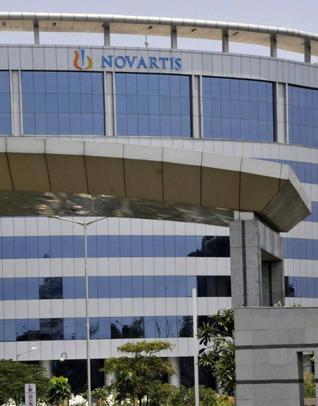New Delhi/Mumbai, Apr 1: The Supreme Court on Monday dismissed Swiss drugmaker Novartis AG's attempt to win patent protection for its cancer drug Glivec, a serious blow to Western pharmaceutical firms who are increasingly focusing on India to drive sales.
The decision also sets a benchmark for several intellectual property disputes in India, where many patented drugs are unaffordable for most of its 1.2 billion people.
India's domestic drugs market is the 14th largest globally, but with annual growth of 13-14 per cent and the world's second biggest population, it has massive potential at a time when traditional developed markets have slowed down.
The Supreme Court's landmark ruling is likely to affect several other companies and their branded medicines.
Pfizer Inc's cancer drug Sutent and Roche Holding AG's hepatitis C treatment Pegasys lost their patented status in India last year, and Monday's ruling will make it tougher for them to win back patent protection.
"Henceforth, multinational pharma companies are likely to want that their patents are first recognised in India before launch of a patented product," said Ameet Hariani, managing partner at Mumbai-based law firm Hariani & Co.
Novartis has previously said that it needs legal certainty if it is to plan further investment in drug research in India.
The ruling is a boost for healthcare activists who want the government to make medicines cheaper in a country where patented drugs constitute under 10 per cent of total drug sales.
Novartis has been fighting since 2006 to win a patent for an amended form of Glivec. In 2009 it took its challenge against a law that bans patents on newer but not radically different forms of known drugs to the Supreme Court.
India has refused protection for Glivec on the grounds that it is not a new medicine but an amended version of a known compound. By contrast, the newer form of Glivec has been patented in nearly 40 countries including the United States, Russia and China.
The Supreme Court decided that Glivec does not satisfy the "novelty" aspect, Pravin Anand, lawyer for Novartis, told reporters.
Shares in Novartis India Ltd, the Indian unit of the drugmaker, fell over 5 per cent after the verdict.





Comments
Add new comment